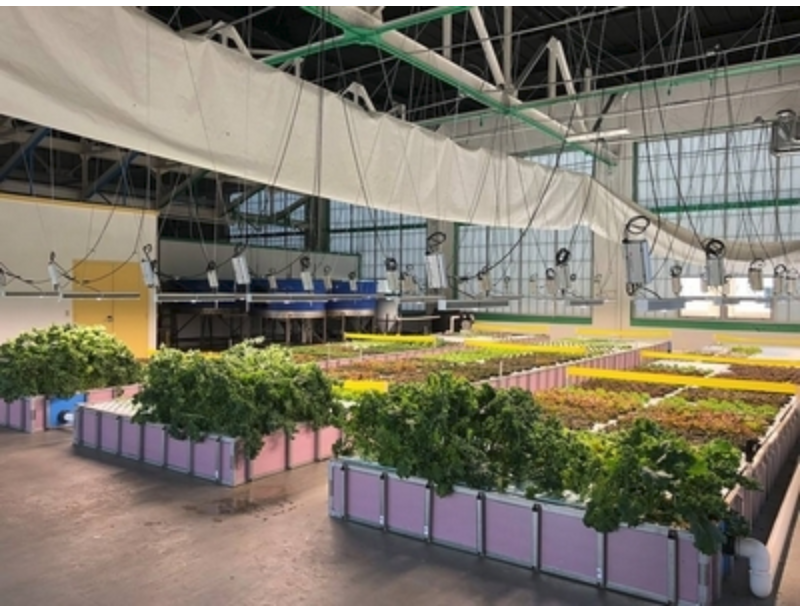Meriden Aquaponics Firm Scores $500K Investment For New Haven Expansion
PHOTO | TRIFECTA ECOSYSTEMS
JULY 16, 2018
Meriden-based Trifecta Ecosystems, an aquaponics technology company and indoor farm, has received a $500,000 investment to grow its aquatic systems in the New Haven region.
New Haven-based water provider South Central Connecticut Regional Water Authority (RWA) announced Monday its investment will allow Trifecta Ecosystems to build a custom-controlled aquaponics system, an urban farming technology platform, and workforce training programs in the Greater New Haven region.
RWA, a nonprofit that provides water to 430,000 people in 15 municipalities throughout Greater New Haven, said the funds are aimed at creating sustainable agriculture and fish-farming practices in the area.
With board approval, RWA says it could invest another $1.5 million into the project.
Spencer Curry, CEO and co-founder of Trifecta, says the initial investment will allow his firm to grow a new aquaponics system in the New Haven region "that will combine food production, aggregation, processing, research, and workforce training at integrated locations, helping pave the way for statewide adoption."
"This investment will allow our company to continue towards our mission of creating the City that Feeds Itself, by providing communities the tools they need to grow their own food, cost-effectively, scalable, and repeatedly."
Under aquaponics farming, produce can grow naturally without chemical fertilizers in a system that uses less water because it is recycled. Aquaponic farms, which have a smaller physical footprint, reduce carbon emissions by using up to 95 percent less water vs. traditional growing methods.
Building a new aquaculture, which raises aquatic animals such as fish with hydroponics, in the region will help sustain farming and kick-start economic growth, RWA said.
"We believe the science of aquaponics holds real potential for Connecticut in addressing land management issues and overcoming resource challenges facing traditional agriculture," RWA CEO and President Larry Bingaman said.


